Shallots have such a close resemblance to onions that at first glance, you may easily mistake the two. While both of them do belong to the same family (Amarylldaceae), shallots are a different species from onions.
The flavor of shallots is often described as being sweeter and more delicate compared to a regular onion, and have a less pungent odor compared to garlic, according to Harvest to Table. This makes shallots a key ingredient in beurre blanc and béarnaise sauces, as well as enhancing the flavor of other dishes.
There are various shallot flavors that you can purchase to suit your cooking needs. Sweet shallots are usually sold in mid-summer, while subtle-flavored shallots arrive in spring. If you want dry shallots, they’re available throughout the year.
Health Benefits of Eating Shallots
Alliums are known for their various nutrients and antioxidants, so it’s no surprise that shallots provide various health benefits, such as:
- Reducing cancer risk — One of the most important benefits shallots are known for is their high amount of antioxidants, which may help lower your risk of certain cancers. Shallots contain diverse antioxidants, such as quercetin and kaempferol, which are found to help reduce the risk of certain cancers, such as brain and liver.
- Improving blood circulation — Shallots have generous amounts of iron and copper, two minerals known for increasing red blood cell production. A higher red blood cell count can help bring higher amounts of oxygen throughout your body, which may promote cell growth, healing and energy.
- Maintaining optimal cholesterol levels — Aside from lowering your risk of cancer, allicin may also help regulate your cholesterol levels by inhibiting the production of a reductase enzyme in your liver responsible for cholesterol production. By helping manage your cholesterol levels, your risk of coronary heart disease, atherosclerosis, heart attacks and strokes may be reduced.
- Decreasing blood pressure — Shallots contain potassium, a well-known vasodilator that helps the walls of your blood vessels relax, allowing blood to move more freely.
- Maintaining blood sugar levels — One study demonstrated the effects of shallot extract on mice with insulin resistance. The researchers noted that “in vivo administration of shallot extract for a period of eight weeks, but not 4-week, could improve glucose tolerance (32%) and decrease fasting blood glucose (24.2%) and FIRI (34%) in insulin resistance (sic) rats.”
| Shallot Nutrition Facts
Serving Size: 3.5 ounces (100 grams), raw |
||
| Amt. Per Serving |
% Daily Value* |
|
| Calories | 72 | |
| Calories from Fat | 1 | |
| Total Fat | 0 g | |
| Saturated Fat | 0 g | |
| Trans Fat | ||
| Cholesterol | 0 mg | |
| Sodium | 12 mg | |
| Total Carbohydrates | 16.8 g | |
| Dietary Fiber | 3.2 g | |
| Sugar | 7.87 g | |
| Protein | 2.5 g | |
| Vitamin B60.345 mg | Vitamin C | 8 mg |
| Calcium37 mg | Iron | 1.2 mg |
Studies Done on Shallots
Several studies have been conducted on shallots to verify their health benefits. In a 2011 study published in the Archives of Medical Science, researchers studied the anticancer and anti-inflammatory benefits of shallots. They obtained aqueous extracts from shallot bulbs and tested them on tumor cell lines. The study concluded that the bulbs have strong anticancer and anti-inflammatory properties, which can become a viable alternative treatment for cancer patients.
In another study, shallot bulb extracts were again studied for their anti-angiogenic activity. Angiogenesis is the growth of new blood vessels, which play a critical role in the growth and spread of cancer to adjacent healthy cells. The study concluded that the extracts had strong anti-angiogenesis properties, which may help stop the spread of cancer.
Fun Facts About Shallots
Ascalonicum, the botanical name of shallots, is derived from the ancient Palestinian city of Ascalon, now known as Ashkelon, a city of Israel. This is where shallots are said to have originated.
Summary
Shallots are one of the healthiest vegetables you can add to your diet. With strong anticancer and antidiabetic properties, your body will surely benefit from using them in your recipes every now and then. Just remember, shallots are not onions, and have their own distinct taste. Using shallots in place of onions (and vice versa) may result in unpleasant flavors, so use caution.

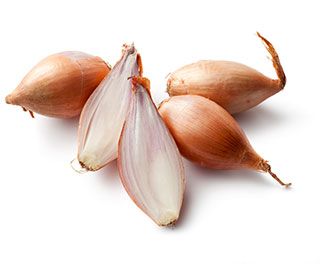
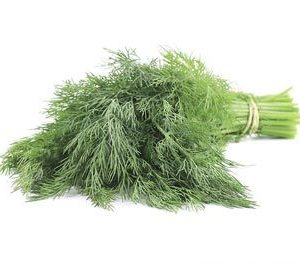
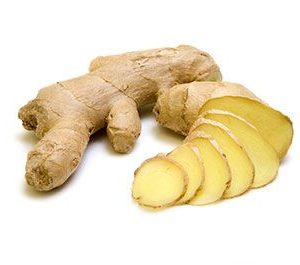
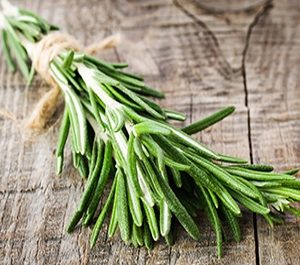
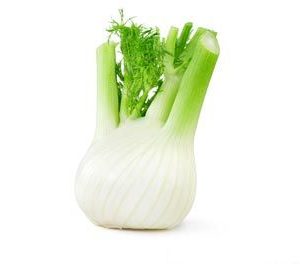
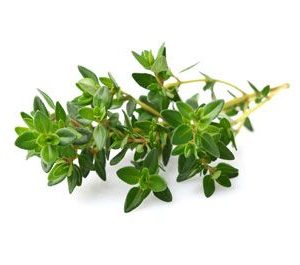
Reviews
There are no reviews yet.